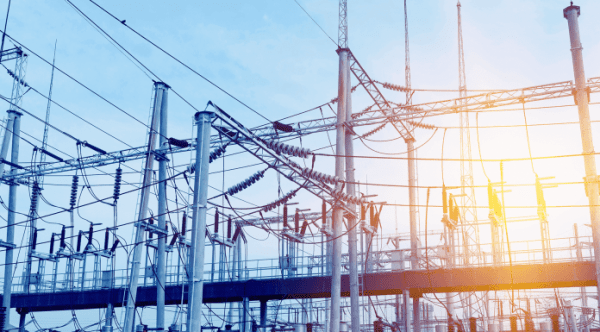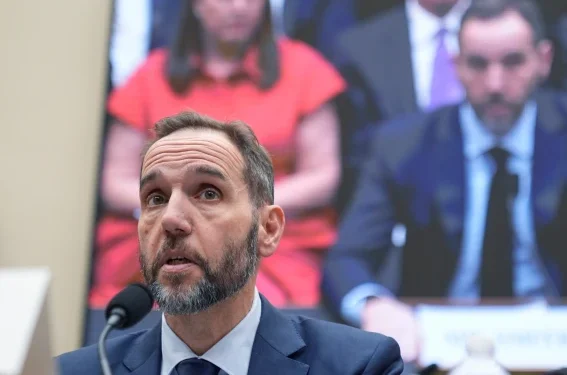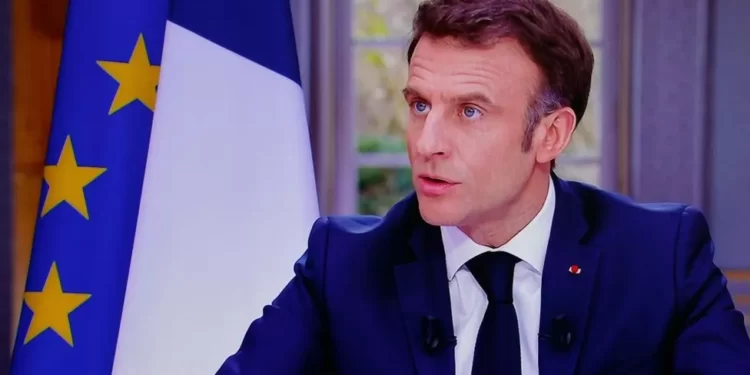A comprehensive audit conducted by PricewaterhouseCoopers (PwC) has revealed staggering discrepancies in the Electricity Company of Ghana’s (ECG) financial operations during 2024.
The second audit, covering the full calendar year, exposed systemic issues in revenue reporting and distribution that threaten Ghana’s energy sector recovery efforts.
This new audit, more extensive than the first review, which only covered the last quarter of 2023, aimed to assess ECG’s compliance with the Cash Waterfall Mechanism (CWM) and ensure that revenue collection, billing, and payments to energy value chain players were being carried out correctly.
However, the PwC audit uncovered troubling inconsistencies between the amounts reported as revenue collections in the CWM and the figures recorded in ECG’s Cash Settlement Platform Report.
“The amount per CWM is GHS 10.44 billion while the amount per the ECG Cash Settlement Platform Report for the Task 2 period is GHS 15.77 billion.
“The total under declaration between CWM and the ECG Cash Settlement Platform Report is GHS 5.33 billion.”
PricewaterhouseCoopers (PwC) Audit Report
This significant underreporting raises concerns about transparency and accountability in ECG’s revenue declaration processes.
It suggests potential inefficiencies or deliberate misreporting in the company’s financial management, which could impact its ability to fairly distribute funds to stakeholders in the electricity generation value chain.
Despite this underreporting of revenues, the audit also revealed that ECG failed to properly distribute the funds that it had declared.
“Of the GHS 10.44 billion that was declared in the CWM, only GHS 6.5 billion was actually paid out to the various players in the electricity value chain, leaving an unpaid balance of GHS 3.9 billion.”
PricewaterhouseCoopers (PwC) Audit Report
These figures point to inefficiencies and potential financial mismanagement, which could severely impact the viability of the energy sector and the ability of key players to operate effectively.
One of the most striking findings of the audit involved ECG’s payments to a vendor contracted to collect revenues on its behalf. PwC discovered that this vendor was paid a commission of GHS 402 million, which was disbursed even before payments were made to the power producers.
In comparison, VRA, which generates the electricity, received only GHS 412 million, while Bui Power Authority, another electricity producer, was paid GHS 323 million during the same period.
The prioritization of the vendor’s payment over that of the actual power generators raises concerns about ECG’s commitment to its value chain partners and the overall financial health of the sector.
According to the CWM Guidelines, ECG is required to maintain a single collection bank account for all revenue collections and subsequent payments to the CWM beneficiaries. This approach is intended to streamline bookkeeping and facilitate easier reconciliation and accounting of revenues as well as collections.
“Through our validation procedures, ECG operates multiple bank accounts (99 bank accounts) with 19 different banks and the Bank of Ghana.
“These operational accounts include those designated for collections as described above.”
PricewaterhouseCoopers (PwC) Audit Report
Additionally, the audit revealed that between October and December 2024, ECG used 9accounts for collections. “It was noted that a significant portion of the collections (78% of collections) went into one designated account,” the audit revealed.
The existence of numerous other accounts adds complexity to the financial monitoring and reconciliation process, potentially allowing for discrepancies and errors to go unnoticed.
Recommendations for Improvement

The findings of the PwC audit raise serious concerns about the overall effectiveness of the Cash Waterfall Mechanism and the ability of the Public Utilities Regulatory Commission (PURC) to effectively monitor and enforce compliance with the guidelines set forth in the ESRP.
Given these findings, PwC made several recommendations to improve the operational efficiency and transparency of ECG’s financial management under the CWM.
“It will be useful for PURC to take advantage of technology enabled solutions to facilitate a system that provides real-time data, independent validation and a stronger reconciliation system to support a more efficient monitoring and evaluation process in the CWM declaration process.”
PricewaterhouseCoopers (PwC) Audit Report
This would also help to foster greater trust between ECG, the government, and other stakeholders, as well as improve overall financial sustainability.
The audit’s findings underscore the challenges facing Ghana’s energy sector, despite the government’s ongoing efforts to implement reforms through the ESRP.
While the Cash Waterfall Mechanism was established to improve transparency and ensure equitable distribution of revenues, the discrepancies highlighted in PwC’s audit suggest that further improvements are necessary for the system to function effectively.
These findings raise serious concerns about Ghana’s ability to achieve energy sector financial sustainability.
The discrepancies identified threaten to undermine the progress made under ESRP and could have far-reaching implications for the entire energy value chain. The audit’s revelations highlight the urgent need for immediate reforms.
READ ALSO: Bright Simons Challenges ORAL’s Loot Recovery Target























